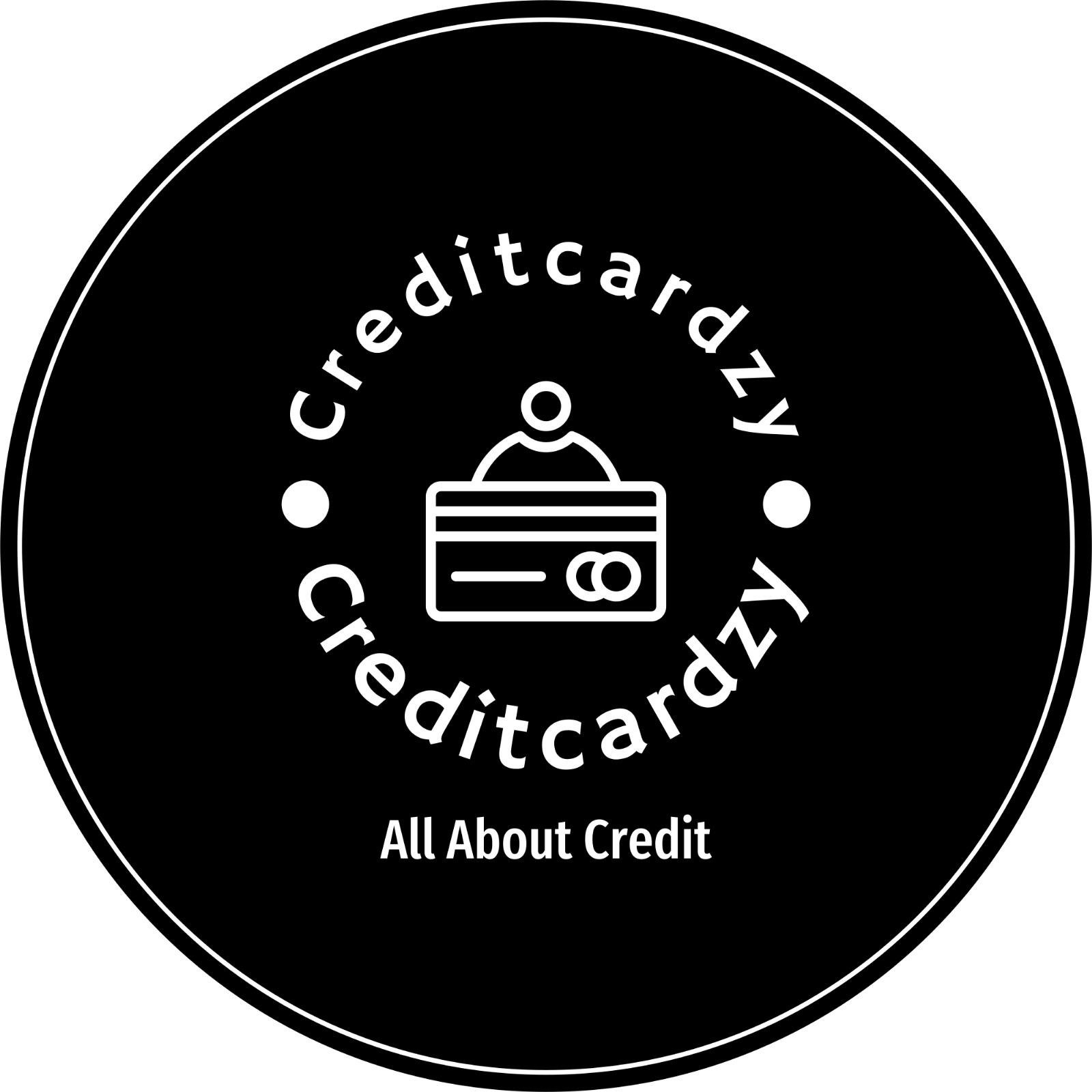credit counseling session, can actually have a positive impact on your credit score over time. As you make consistent payments and reduce your debt, your creditworthiness will improve.
Benefits of credit counseling
1. Financial education: One of the primary benefits of credit counseling is the opportunity to improve your financial literacy. A credit counselor can teach you about budgeting, saving, and managing your finances effectively. This knowledge will help you make better financial decisions in the future and avoid falling back into debt.
2. Debt management plan: If you’re struggling with multiple debts, a credit counselor can help you create a debt management plan (DMP). This plan consolidates your debts into a single monthly payment, which is then distributed to your creditors. The counselor may also negotiate with your creditors to reduce interest rates or waive fees, making it easier for you to pay off your debts.
3. Objective advice: Credit counselors are impartial and have no vested interest in your financial situation. They can provide you with objective advice and help you see your situation from a different perspective. This can be especially valuable if you’re feeling overwhelmed or unsure about the best course of action.
4. Creditor negotiations: Credit counselors have experience negotiating with creditors on behalf of their clients. They can advocate for you and help you reach more favorable terms, such as lower interest rates or extended repayment periods. This can significantly reduce the financial burden and make it easier for you to pay off your debts.
5. Avoiding bankruptcy: Credit counseling can be a viable alternative to bankruptcy. By working with a credit counselor, you may be able to develop a repayment plan that allows you to pay off your debts without resorting to bankruptcy. This can help you avoid the long-term negative consequences associated with bankruptcy, such as damage to your credit score and difficulty obtaining credit in the future.
How to choose a credit counseling agency
When selecting a credit counseling agency, it’s important to do your research and choose a reputable organization. Here are some factors to consider:
1. Nonprofit status: Look for a credit counseling agency that is a nonprofit organization. Nonprofit agencies are typically more focused on helping consumers rather than making a profit.
2. Accreditation: Check if the agency is accredited by a recognized organization, such as the National Foundation for Credit Counseling (NFCC) or the Financial Counseling Association of America (FCAA). Accreditation ensures that the agency meets certain standards of professionalism and ethics.
3. Fees: Inquire about the fees charged by the agency. While some agencies offer their services for free or at a minimal cost, others may charge higher fees. Make sure you understand the cost structure and what services are included.
4. Reputation: Read reviews and testimonials from previous clients to get a sense of the agency’s reputation. You can also check with the Better Business Bureau to see if any complaints have been filed against the agency.
5. Services offered: Consider what specific services the agency offers and if they align with your needs. Some credit counseling agencies may provide additional services, such as housing counseling or student loan counseling, which can be beneficial if you require assistance in those areas.
Conclusion
If you’re struggling with debt or want to improve your financial literacy, credit counseling can be a valuable resource. A credit counselor can provide you with personalized advice, help you create a debt management plan, and negotiate with creditors on your behalf. By taking advantage of credit counseling services, you can gain control of your finances and work towards a debt-free future. Remember to choose a reputable nonprofit credit counseling agency and be proactive in implementing the advice and guidance provided.

